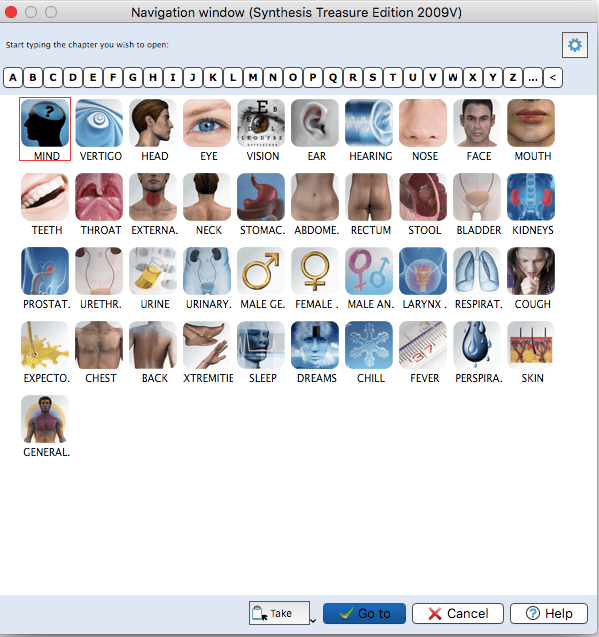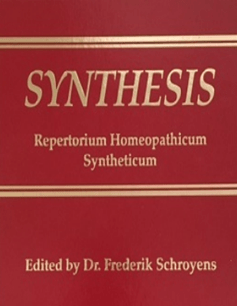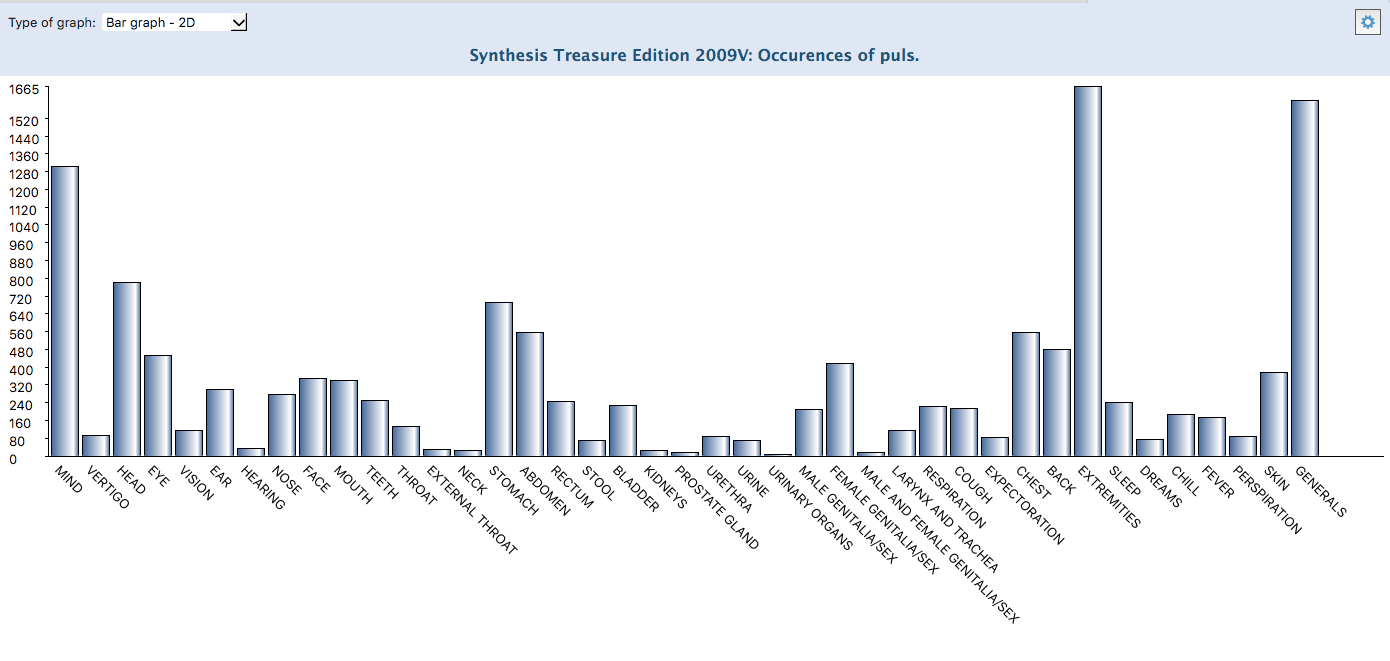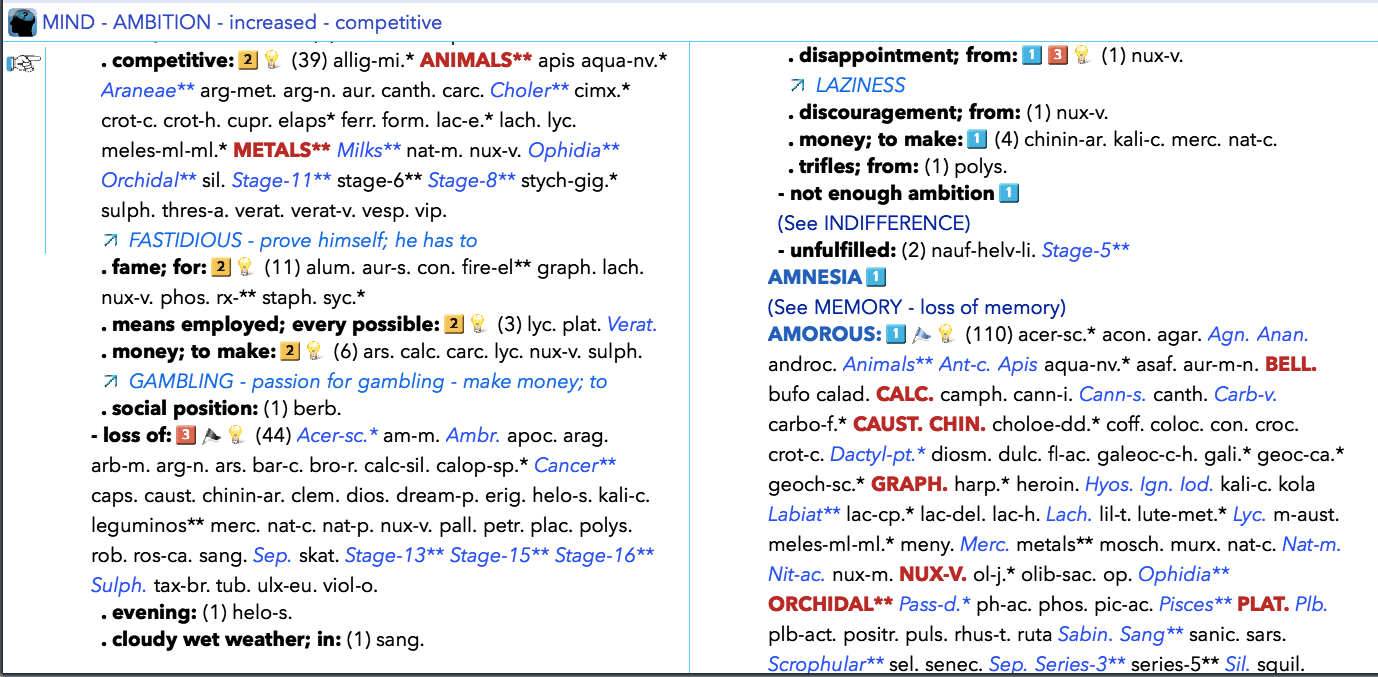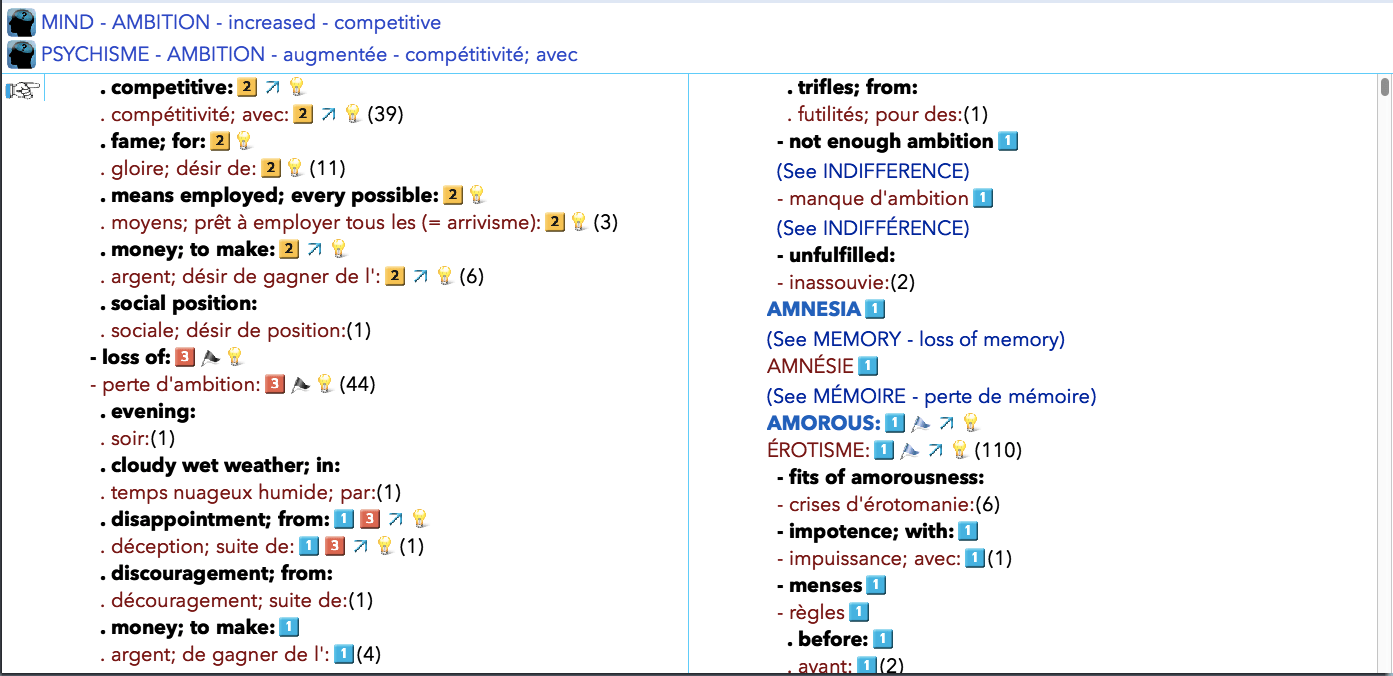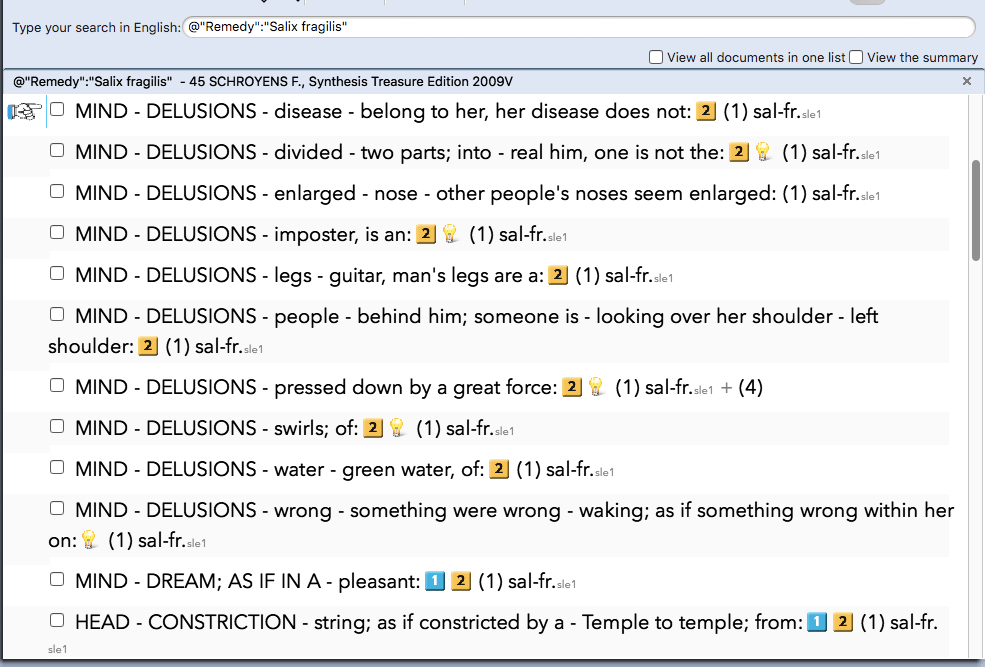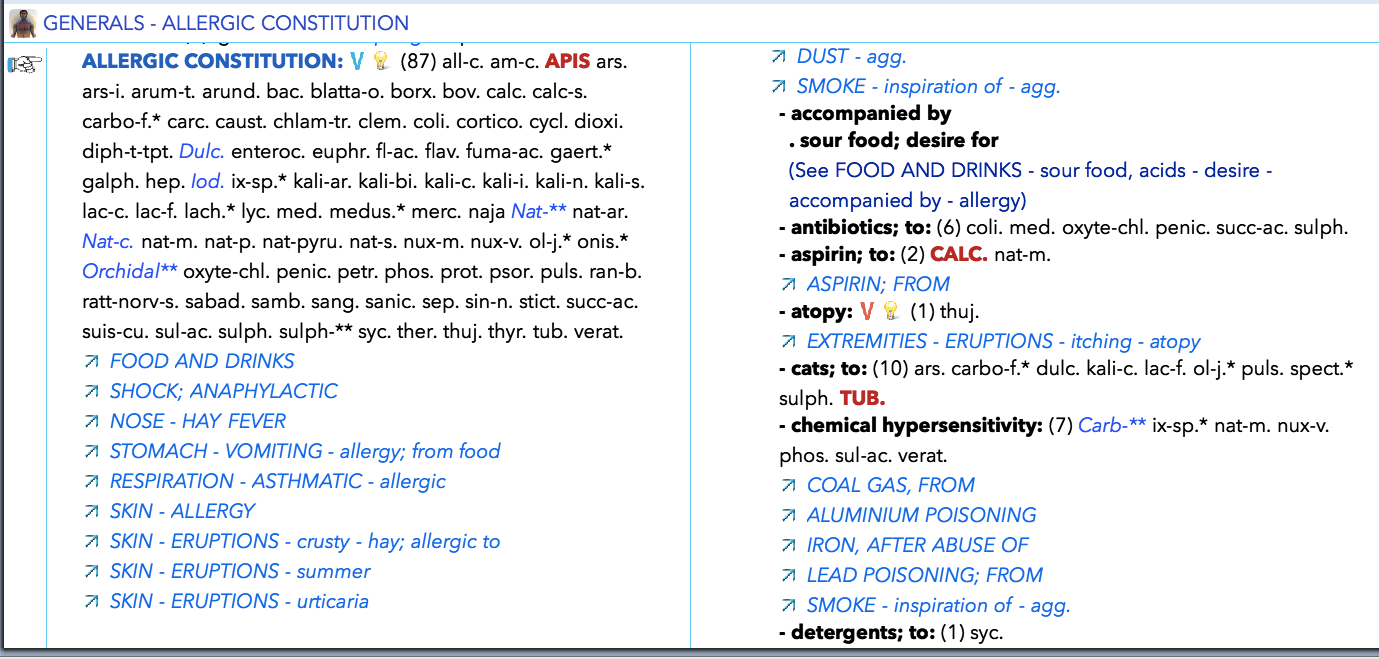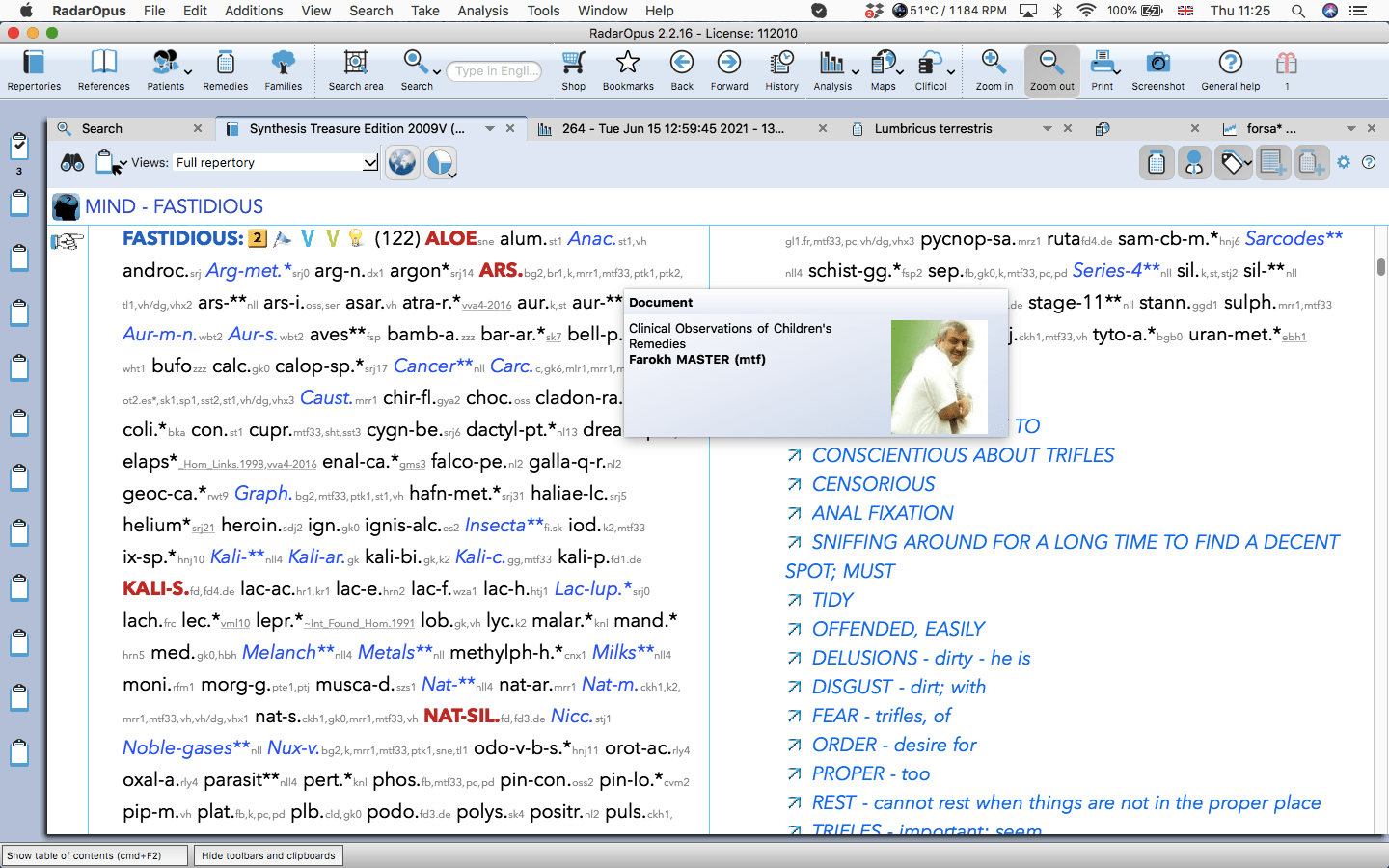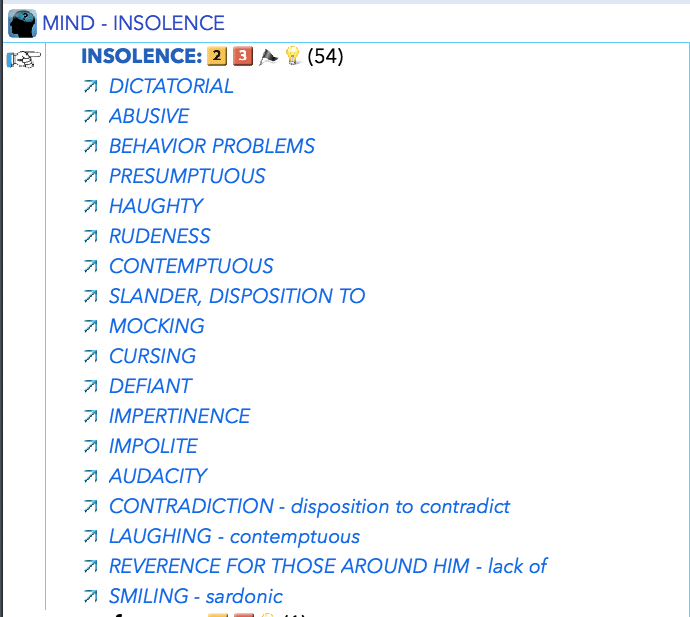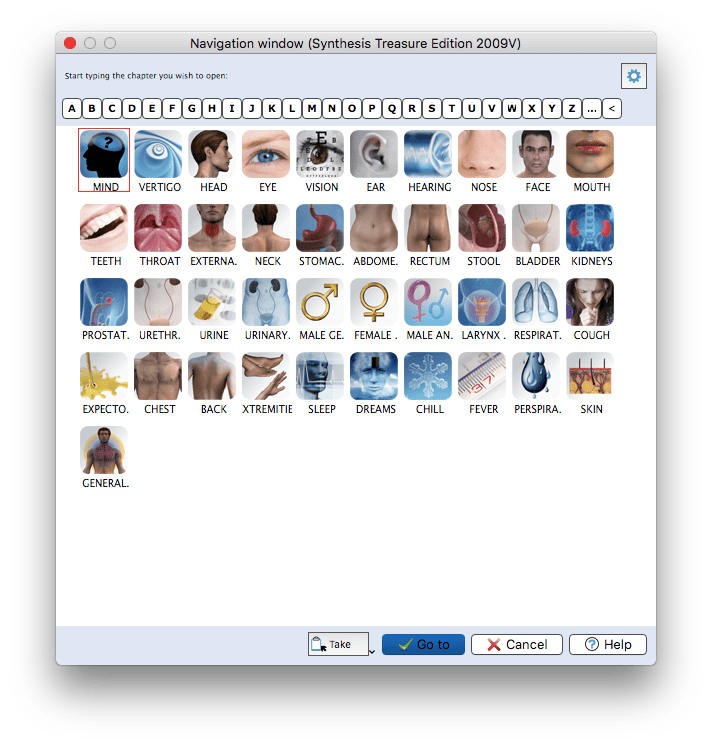The trusted and tried repertory used by thousands of the professional Homeopaths
RadarOpus is the only software using Synthesis repertory
- Synthesis is the only Repertory that allows you to involve explicit sources of information when making the additions! Not only the precise bibliographical references, but as well the actual text and narrative on which your Synthesis addition has been established. This is a most prime tool to guarantee the quality and calibre of the additions by creating the transparency and linking Synthesis and any Materia Medica in two directions.
- The aim in Synthesis is to strike a balance between the classical and modern for the utmost reproducibility and quality in Homeopathy. Edited by Dr. Frederik Schroyens, a famous and renowned homeopath and Medical Doctor who worked closely with Dr. George Vithoulkas for various years. He is a busy and experienced Homeopathic Doctor alongside his role in editing and creating Synthesis.

The tried and trusted repertory used by thousands of professional Homeopaths. Synthesis repertory represents close collaboration or combination throughout the profession; the experienced Homeopaths have contributed to the project by including their own appraised and valued clinical findings. The Synthesis team then brings out and draws together these reliable additions and combines them with the high calibre Provings that have been overseen or supervised by the experienced Homeopaths. Within the Synthesis repertory, there is also the facility to limit the repertory to a particular “View”; which filters out the additions of modern remedies for those who want to stay rooted in classical provings.
- Some renowned authors whose clinical additions feature in Synthesis Repertory are:
- Vithoulkas, F. Master, Dr Ramakrishnan, R. Morrison, A. Saine, F. DeGroote, P. Schmidt, O. Julian.
- Some modern provings that have been added are those by:
- Sherr, M. Norland, N. Herrick, T. Rowe, L. Klein, R. Sankaran, P. Fraser, J. Shore, L. Schulz, A. Schadde, P. Tumminello, A. Gray, M. Thakar, Eberle & Ritzer, CCRH, J. Huenecke.
- Race around the repertory with our extensive network of cross-references! Navigating the Synthesis repertory becomes easier even for the newcomers, highlighting the new rubrics for you to discover.
- The only Bi-lingual/ Multilingual repertory. The only repertory to display several languages at once- amazing for international teaching! Available in English, German, Spanish, Italian, Dutch, French, Portuguese, Turkish.
- Synthesis repertory includes many associated concept files which are designed to help you find rubrics. This is an eminent help for novices to the synthesis repertory who are yet to master the Victorian language employed! These are the concept files that give an alternative route into searching rubrics. You can find a modern expression or medical term and search a link to the rubrics that cover the sign and symptoms. Synthesis repertory contains modern and clinical terms as these can be immensely helpful to modern Homeopaths.
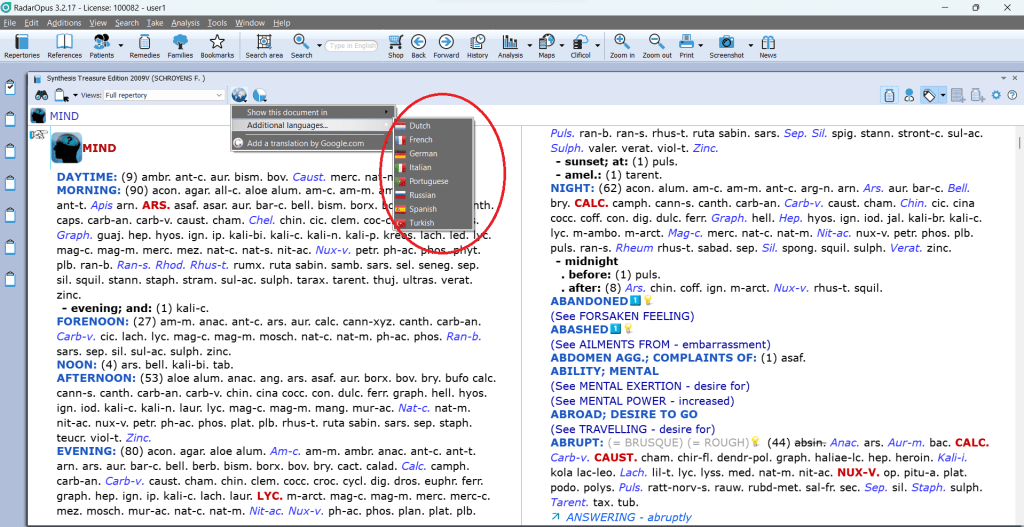
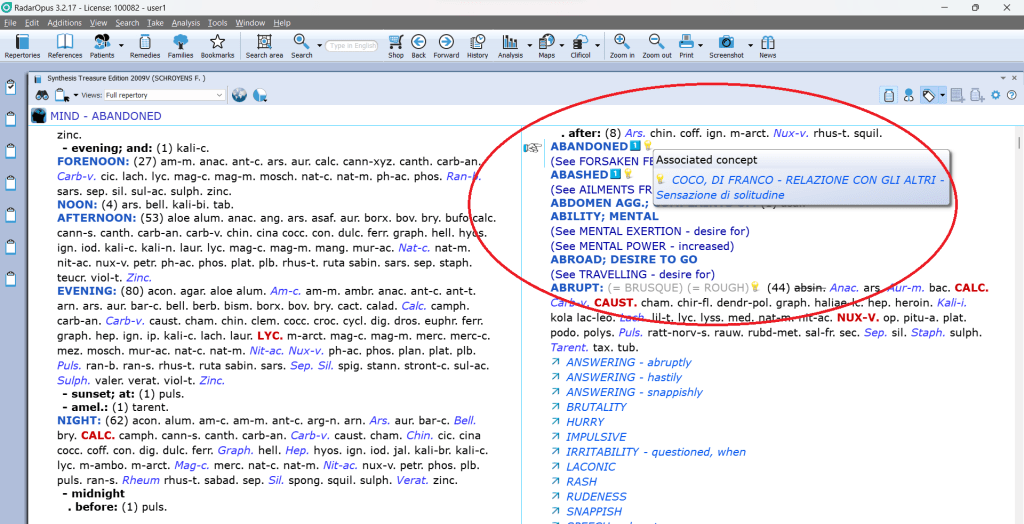
You can easily and quickly add remedies to existing rubrics in the Synthesis repertory. Synthesis is the only Repertory that authorizes you to include explicit source information when making the additions! Not only the precise bibliographical references, but also the authentic text on which your Synthesis repertory addition has been based. This is a very important tool to guarantee the quality and reliability of the additions by producing transparency and linking Synthesis repertory and any Materia Medica in two directions. These additions can be divided between users, so that the Homeopathic community can collaborate on updating the synthesis repertory.
- Synthesis contains Miasmatic tags within the repertory. These are established on the teachings of Dr Giampetro and/ or Ortega. Various rubrics are classified into the 3 main fundamental miasms, which means that your repertorisation itself can give insights into the miasmatic phase of your patient’s symptomatology!
- Synthesis allows you to add families to the repertory. Modern developments in Homeopathy have concentrated on groups or families of remedies and their shared characteristics. This has opened up various smaller remedies that may have been missed in the past. Lachesis has been prescribed countless times where perhaps other snake remedies may have been better suited, despite being under-represented in the repertory. Now you can add Families to rubrics based on your understanding of Kingdoms and families. The freedom to add any family to Synthesis makes it a truly unique repertory.
